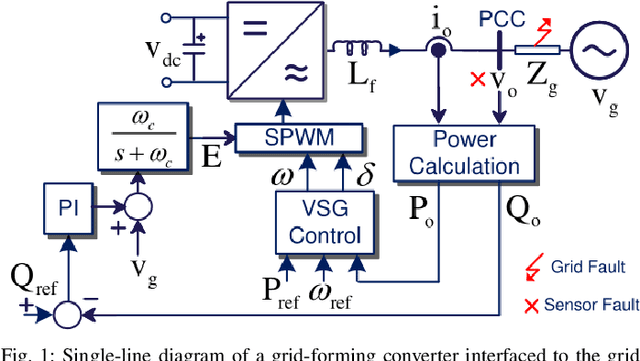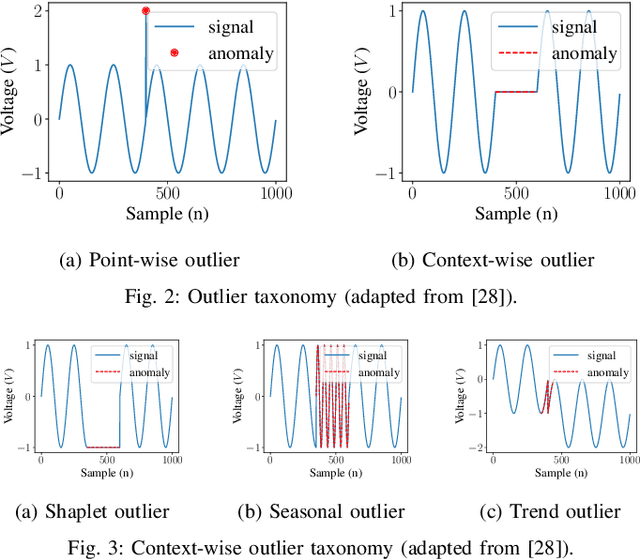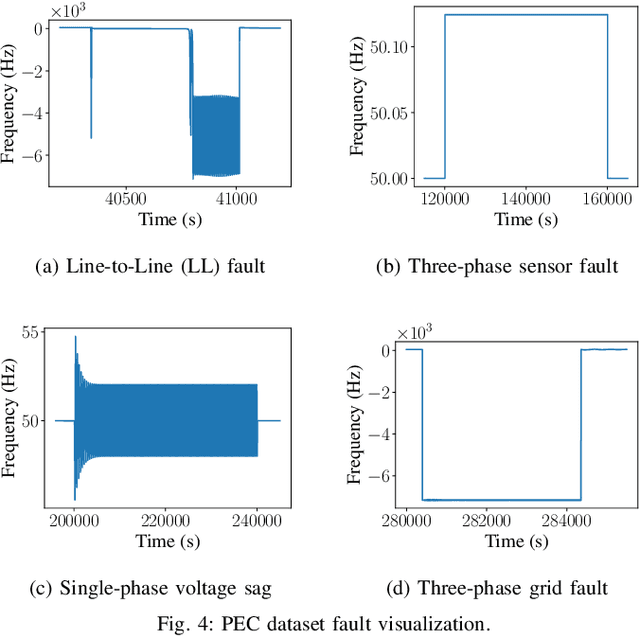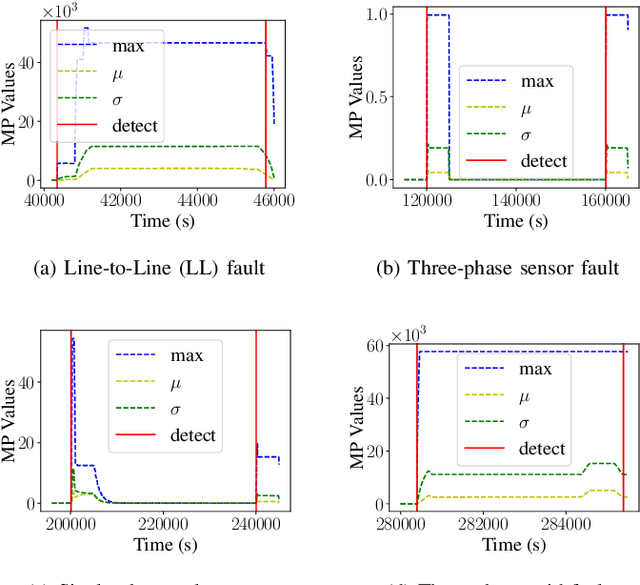Pavol Mulinka
Federated Learning in Mobile Networks: A Comprehensive Case Study on Traffic Forecasting
Dec 05, 2024



Abstract:The increasing demand for efficient resource allocation in mobile networks has catalyzed the exploration of innovative solutions that could enhance the task of real-time cellular traffic prediction. Under these circumstances, federated learning (FL) stands out as a distributed and privacy-preserving solution to foster collaboration among different sites, thus enabling responsive near-the-edge solutions. In this paper, we comprehensively study the potential benefits of FL in telecommunications through a case study on federated traffic forecasting using real-world data from base stations (BSs) in Barcelona (Spain). Our study encompasses relevant aspects within the federated experience, including model aggregation techniques, outlier management, the impact of individual clients, personalized learning, and the integration of exogenous sources of data. The performed evaluation is based on both prediction accuracy and sustainability, thus showcasing the environmental impact of employed FL algorithms in various settings. The findings from our study highlight FL as a promising and robust solution for mobile traffic prediction, emphasizing its twin merits as a privacy-conscious and environmentally sustainable approach, while also demonstrating its capability to overcome data heterogeneity and ensure high-quality predictions, marking a significant stride towards its integration in mobile traffic management systems.
Optimizing a Digital Twin for Fault Diagnosis in Grid Connected Inverters -- A Bayesian Approach
Dec 07, 2022Abstract:In this paper, a hyperparameter tuning based Bayesian optimization of digital twins is carried out to diagnose various faults in grid connected inverters. As fault detection and diagnosis require very high precision, we channelize our efforts towards an online optimization of the digital twins, which, in turn, allows a flexible implementation with limited amount of data. As a result, the proposed framework not only becomes a practical solution for model versioning and deployment of digital twins design with limited data, but also allows integration of deep learning tools to improve the hyperparameter tuning capabilities. For classification performance assessment, we consider different fault cases in virtual synchronous generator (VSG) controlled grid-forming converters and demonstrate the efficacy of our approach. Our research outcomes reveal the increased accuracy and fidelity levels achieved by our digital twin design, overcoming the shortcomings of traditional hyperparameter tuning methods.
A Robust and Explainable Data-Driven Anomaly Detection Approach For Power Electronics
Sep 23, 2022



Abstract:Timely and accurate detection of anomalies in power electronics is becoming increasingly critical for maintaining complex production systems. Robust and explainable strategies help decrease system downtime and preempt or mitigate infrastructure cyberattacks. This work begins by explaining the types of uncertainty present in current datasets and machine learning algorithm outputs. Three techniques for combating these uncertainties are then introduced and analyzed. We further present two anomaly detection and classification approaches, namely the Matrix Profile algorithm and anomaly transformer, which are applied in the context of a power electronic converter dataset. Specifically, the Matrix Profile algorithm is shown to be well suited as a generalizable approach for detecting real-time anomalies in streaming time-series data. The STUMPY python library implementation of the iterative Matrix Profile is used for the creation of the detector. A series of custom filters is created and added to the detector to tune its sensitivity, recall, and detection accuracy. Our numerical results show that, with simple parameter tuning, the detector provides high accuracy and performance in a variety of fault scenarios.
 Add to Chrome
Add to Chrome Add to Firefox
Add to Firefox Add to Edge
Add to Edge